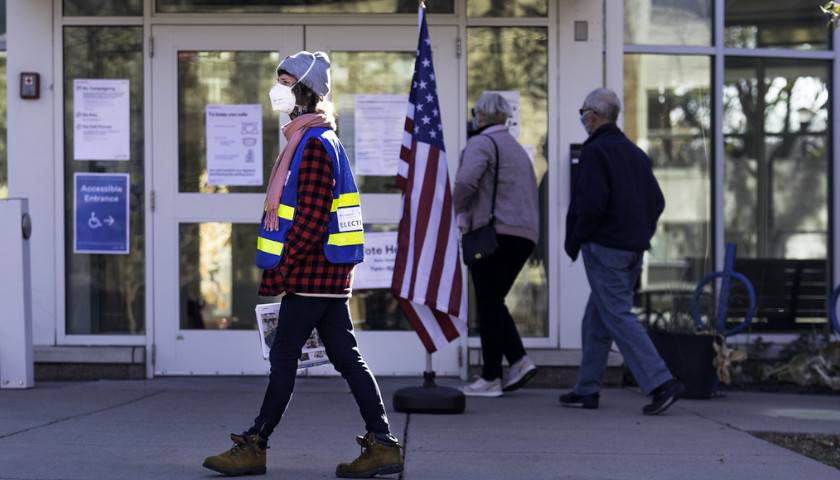by Morgan Sweeney
Elections don’t get much juicier than those for Virginia’s 2023 General Assembly this November.
The big question in this election season: Will Republicans maintain control of the House of Delegates and flip the Senate, leading to a Republican trifecta for the commonwealth?
Virginia was looking more and more thoroughly blue heading into the 2021 gubernatorial election. In the last two presidential contests, Hillary Clinton beat Donald Trump with nearly 50% of the vote to Trump’s 44.4%, and President Joe Biden walloped Trump in 2020 by more than 10% in a 54.1-44% victory.
Both of the commonwealth’s U.S. Democratic Senators previously served as governor; for Sen. Tim Kaine, this year marks a decade in his current office, and Sen. Mark Warner has served as such since 2009.
In addition, at the time of the last governor’s race in Virginia, a Republican had not won a statewide office since 2009 — so, Gov. Glenn Youngkin’s 2021 triumph and the coinciding flip of the House from a Democratic majority of 55-45 to a Republican majority of 52-48 shocked spectators across the nation and heightened speculations that Youngkin might fare well in a future presidential bid.
Youngkin supporters are hoping to be able to attribute a Republican trifecta in November to his influence.
Virginia was also redistricted in 2021, scrambling seats so that in the primaries, some longtime incumbents had to face off against each other to retain office (for a new district), and others had to compete against newcomers emboldened by the shake-up. Ten chose to retire — five Democrats, five Republicans.
All 100 seats are up for reelection in the House, and all 40 seats in the Senate. Democrats will need to flip just three seats to regain control in the lower chamber, and Republicans will need to flip two to gain an effective Senate majority, as Republican Lt. Gov. Winsome Earle-Sears serves as the tie-breaker for all except budgetary matters.
The parties are fairly evenly matched by several measures as races heat up.
For the Senate, Democrats bring 13 incumbents to the races this year and will have two uncontested seats held by incumbents Lamont Bagby and Mamie Locke. Primary winner Angelia Graves has no Republican opponent this year but will contend with Independent Giovanni Dolmo for District 21.
Twelve Republican incumbent senators will be on the ballot this fall, and three districts — represented by incumbents Frank Ruff, Todd Pillion, and primary winner John McGuire — will go uncontested.
For the House, 30 Democratic incumbents have entered the race, to 35 Republicans; however, 18 districts will go to unchallenged Democrats, while only 14 are uncontested for Republicans.
In the June primaries, all Youngkin-backed candidates (including several in the House) won; however, more progressive candidates won in several important Democratic primaries.
A July poll reported Youngkin’s approval rating is currently at a record high of 57%.
– – –
Morgan Sweeney is a staff writer covering Virginia and Maryland for The Center Square. Morgan was an active member of the journalism program as an undergraduate at Hillsdale College and previously freelanced for The Center Square.
Photo “Election Worker” by Lorie Shaull. CC BY 2.0.




